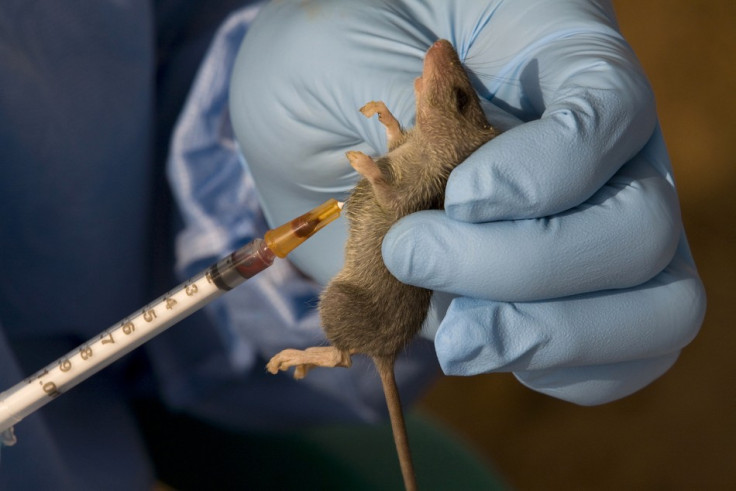Arizona Scientists Discover New Ebola Vaccine Hope

A new vaccine against the deadly Ebola virus has been tested successfully on mice.
Scientists in Arizona believe the vaccine is the first to be considered viable in the long-term and claim it is "an attractive option for public health defence measures".
The virus has a mortality rate higher than 80 per cent and causes viral hemorrhagic fever. Sufferers' symptoms include fever, vomiting and internal bleeding.
Primarily spread through bodily fluids, the virus can become airborne, leading to concerns that it could be released by terrorists.
The study, reported in the Proceedings of National Academy of Sciences Journal, concludes that the presence of a synthetic viral protein prevents the vaccine becoming damaged by long-term storage.
The protein, created by fusing an antibody with tobacco plants, was injected into the mice along with immune boosting chemicals.
The study reports that eight out of ten mice given the vaccine "were protected against a lethal challenge".
Previous vaccines have not survived long term storage and so cannot be stockpiled.
The next step of the study will be to test the vaccine on the strain of Ebola that is closer to the strain that infects humans. Scientists also plan to test the it on other illnesses, such as hepititus C and dengue fever.
World health organisation statistics report that since the discovery of the virus in 1976, 1,850 cases have occured, 1,200 of which resulted in death.
© Copyright IBTimes 2025. All rights reserved.





















